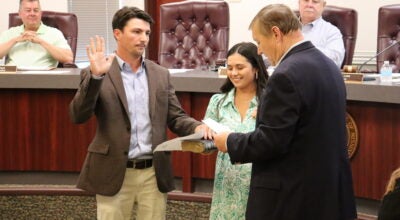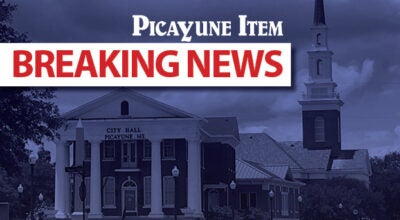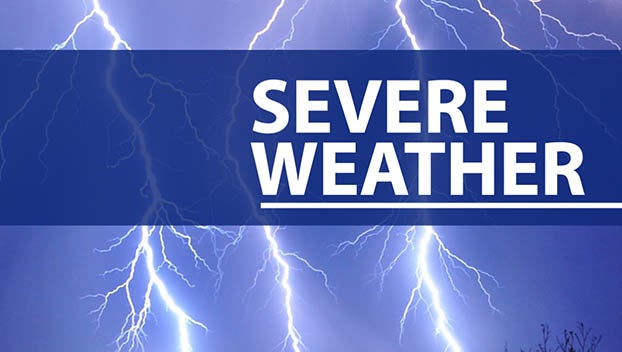Jackson Heart Study announces new director
Published 12:13 pm Tuesday, September 21, 2021
JACKSON, Miss. – Dr. April Carson, an epidemiologist with an established history of diabetes and cardiovascular disease research, will be the next director of the Jackson Heart Study (JHS).
The National Heart, Lung, and Blood Institute (NHLBI) of the National Institutes of Health announced the decision September 16.
The JHS is the largest and longest-running longitudinal study of cardiovascular health in African Americans. Funded by the NHLBI and the National Institute on Minority Health and Health Disparities, it is a collaboration between the University of Mississippi Medical Center, Jackson State University, Tougaloo College, the Mississippi State Department of Health and 5,300 Jackson-area participants.
Carson was previously an associate professor of epidemiology and associate dean for diversity, equity, and inclusion at the University of Alabama at Birmingham School of Public Health. She begins her new position on September 20.
“It is an honor for me to be the director of the Jackson Heart Study,” Carson said. “While I am quite familiar with JHS and its long, rich history, I am excited to now become a part of the Jackson community and join the outstanding JHS staff members and partner institutions to build upon this storied foundation.”
Carson succeeds Dr. Adolfo Correa, who served as director from 2016-2020, and Dr. Mario Sims, chief science officer who served as interim director in 2021.
Carson has extensive experience studying the effects of heart disease in African Americans. As an investigator in the Coronary Artery Risk Development in Young Adults study, she looked at factors that contribute to the development of cardiovascular disease over adulthood. Carson chaired its New Investigators Committee, where she brought early career scientists into the study.
She is the principal investigator of a CDC-funded project on county-level social determinants of health, diabetes and hypertension in the southeastern United States.
Carson is an “all-star who is well-trained in cardiovascular epidemiology and health disparities research,” said Dr. Michael Hall, associate professor of medicine at UMMC and a JHS investigator.
Carson earned a PhD in epidemiology from the University of North Carolina at Chapel Hill, where she also completed a postdoctoral fellowship on cardiovascular disease epidemiology. She worked at Shaw University in Raleigh, N.C. and the Alabama Department of Mental Health before joining UAB. She will be a faculty member in the School of Medicine and John D. Bower School of Population Health at UMMC
In addition to her professional accomplishments, “Carson is bringing lots of energy and ideas to the JHS,” Hall added. “And, she is coming in at a great time as Exam 4 is just beginning.”
A committee made up of representatives from JHS member institutions and the community conducted a national search for the new director.
Dr. David Goff, director of NHLBI’s division of cardiovascular sciences, wrote to JHS participants announcing Carson’s appointment. He said that the search process prioritized three characteristics: an “understanding of the needs of study participants, an appreciation for the importance of collaboration amongst researchers, and a commitment to addressing the public health needs of the African American communities – within and beyond Jackson.”
Hall and Dr. Richard Summers, associate vice chancellor for research, represented UMMC on the search committee.
“Dr. Carson has the particular talents needed for the next phase of the study,” Summers said. “One focus that the cohort has wanted and is a priority of the study moving forward is implementation science.”
“One of my goals will be focusing on how we can take what we have learned about cardiovascular health in JHS and implement it in local communities,” Carson said. “For example, there are programs that are effective for lowering blood pressure, but these have not been very successful when carried out in different community settings.
“The JHS can help address this issue while also training future scientists and public health professionals so that ultimately, we improve cardiovascular health for generations to come,” Carson said.




